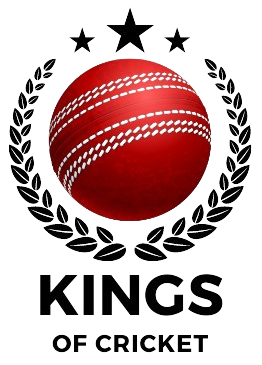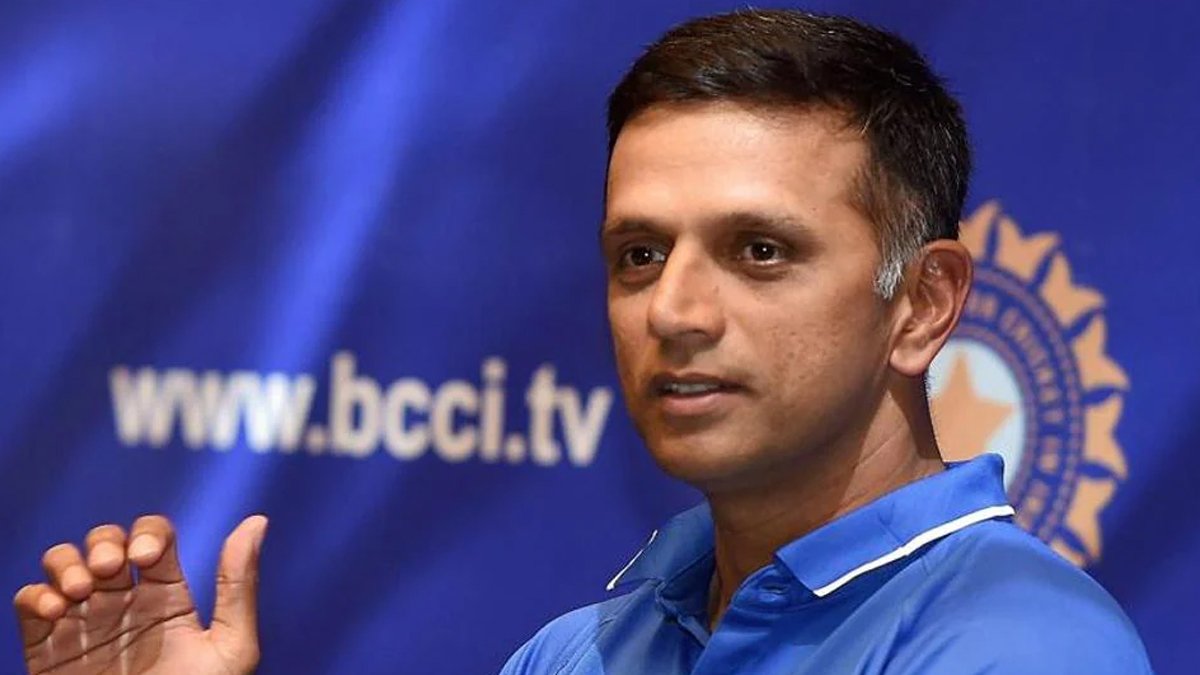Contents
India National Cricket Team Coaches
| No. | Name | Tenure | Nationality |
| 1 | Keki Tarapore | 1971 | India |
| 2 | Hemu Adhikari | 1971-74 | India |
| 3 | Gulabrai Ramchand | 1975 | India |
| 4 | Datta Gaekwad | 1978 | India |
| 5 | Salim Durrani | 1980-81 | India |
| 6 | Ashok Mankad | 1982 | India |
| 7 | PR Man Singh | 1983-87 | India |
| 8 | Chandu Borde | 1988 | India |
| 9 | Bishan Singh Bedi | 1990-91 | India |
| 10 | Abbas Ali Baig | 1991-92 | India |
| 11 | Ajit Wadekar | 1992-96 | India |
| 12 | Sandeep Patil | 1996 | India |
| 13 | Madan Lal | 1996-97 | India |
| 14 | Anshuman Gaekwad | 1997-99 | India |
| 15 | Kapil Dev | 1999-2000 | India |
| 16 | John Wright | 2000-05 | New Zealand |
| 17 | Greg Chappell | 2005-07 | Australia |
| 18 | Ravi Shastri (Interim) | 2007 | India |
| 19 | Lalchand Rajput | 2007-08 | India |
| 20 | Gary Kirsten | 2008-11 | South Africa |
| 21 | Duncan Fletcher | 2011-15 | Zimbabwe |
| 22 | Ravi Shastri (team director) | 2014-16 | India |
| 23 | Sanjay Bangar (Interim) | 2016 | India |
| 24 | Anil Kumble | 2016-17 | India |
| 25 | Sanjay Bangar (Interim) | 2017 | India |
| 26 | Ravi Shastri | 2017-21 | India |
| 27 | Rahul Dravid | 2021-2024 | India |
Women Team Coaches
| No. | Name | Tenure | Nationality |
| 1 | Sudha Shah | 2003-07 | India |
| 2 | Shantha Rangaswamy | 2003-07 | India |
| 3 | Sudha Shah | 2008-10 | India |
| 4 | KVP Rao | 2010 | India |
| 5 | Anju Jain | 2011-13 | India |
| 6 | Tushar Arothe | 2013-14 | India |
| 7 | Purnima Rau | 2014 | India |
| 8 | Sudha Shah | 2014 | India |
| 9 | Purnima Rau | 2015-17 | India |
| 10 | Tushar Arothe | 2017-18 | India |
| 11 | Ramesh Powar | 2018 | India |
| 12 | WV Raman | 2018-21 | India |
| 13 | Ramesh Powar | 2021-22 | India |
| 14 | Amol Mazumdar | 2023- | India |
Guiding the Men in Blue: A Look at India’s National Cricket Team Coaches
The Indian national cricket team, boasting a rich history and passionate fanbase, has seen its fortunes shaped by not just legendary players but also by astute coaches who have instilled discipline, strategy, and a winning mentality. This article delves into the legacy of these coaches, exploring their impact on the team’s evolution.
Early Days and Building the Foundation (1932-1980s)
India’s foray into Test cricket began in 1932 without a designated coach. Captains like C.K. Nayudu and Vijay Hazare shouldered the responsibility of strategizing and mentoring. However, the appointment of PR Man Singh in the early 1980s marked a turning point. Under his guidance, India, led by the iconic Kapil Dev, achieved a historic feat – winning the 1983 Cricket World Cup, a testament to Singh’s ability to inspire a young team to overcome cricketing giants.
Foreign Influence and Tactical Nuances (1990s-2000s)
The 1990s saw India embrace foreign coaches, starting with New Zealander John Wright. Wright’s tenure (2000-2005) instilled a sense of professionalism and tactical awareness in the team, paving the way for future successes. Australian Greg Chappell followed, bringing a more aggressive approach, but his reign ended on a controversial note.
South African Success and the Captaincy Conundrum (2000s-2010s)
The arrival of South Africa’s Gary Kirsten in 2008 proved to be a masterstroke. Kirsten, a meticulous planner and a calming influence, understood the team’s strengths and weaknesses. The result? India’s triumphant run in the 2011 World Cup, a culmination of Kirsten’s strategic brilliance and the leadership of MS Dhoni.
However, the following years presented a new challenge – managing multiple captains across formats. This period saw coaches like Ravi Shastri (interim coach in 2007 and head coach from 2014-2021) and Anil Kumble (2016-2017) navigate a complex captaincy dynamic, with mixed results.
The Dravid Era and Shaping the Future (2021-Present)
In November 2021, the baton passed to Rahul Dravid, a legend known for his discipline, work ethic, and tactical acumen. Dravid’s focus on building a strong bench and nurturing young talent is shaping a well-rounded team for the future. While the jury is still out on his long-term impact, the upcoming T20 World Cup will be a crucial test for both Dravid and the team.
A Legacy of Diverse Personalities and Approaches
India’s coaching history reflects a constant evolution in strategies and philosophies. From the inspirational leadership of PR Man Singh to the tactical finesse of John Wright and Gary Kirsten, each coach has left an indelible mark. The recent appointment of Amol Muzumdar as the head coach of the Women’s team further strengthens the coaching ecosystem in Indian cricket.
Looking Ahead: Challenges and Opportunities
As Indian cricket strives for continued dominance across formats, future coaches will need to address key challenges. These include managing workload pressures on players, fostering a healthy competition for places within the squad, and adapting to the ever-changing cricketing landscape.
India’s rich pool of cricketing talent, coupled with a strong coaching lineage, provides a strong foundation for future success. The coaches who follow Dravid will undoubtedly build upon this legacy, shaping the team’s strategies and inspiring them to achieve even greater heights on the world stage.

